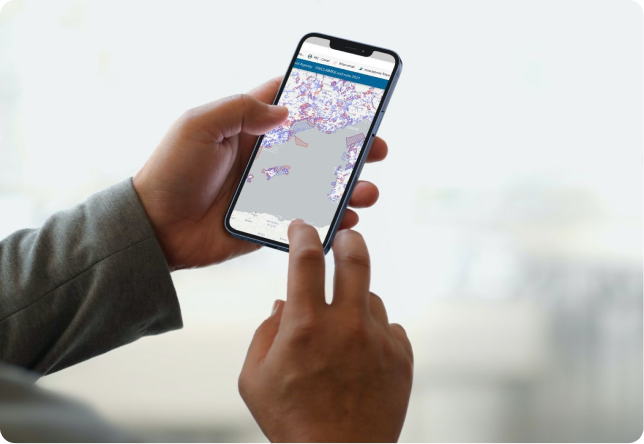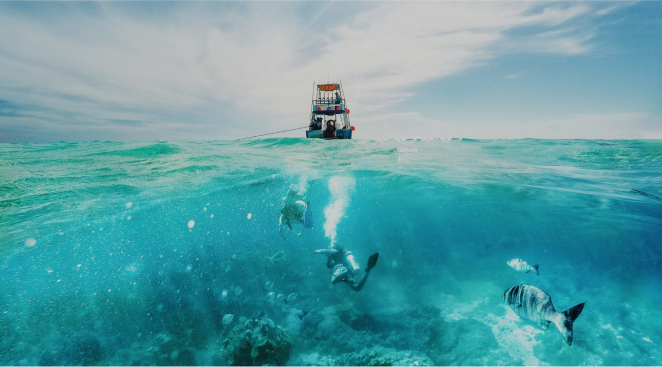Citizen science
So far, most of the attention has been focused on the designation of N2000 marine sites but little or nothing has been done to inform citizens of their presence and to stimulate their protection.
Therefore, the main goals of the project are to increase the awareness of stakeholders and other users about N2000 marine sites and to increase their direct commitment to the conservation of these areas also through communication actions, Citizen Science and active monitoring.
The public awareness and engagement efforts aim to promote sustainable behaviors among all sea users and will be carried out through the following communication tools: a dedicated N2000 website, regularly updated social networks with enhancement of the different N2000 sites, flyers, on-site panels, videos, publications, articles, newsletters, events, 1 30-minute documentary on N2000 sites, and 2 “Best Practices” contests on N2000. In addition, map data of at least 550 N2000 marine sites will be integrated into the main and most widely used web-gis platforms (such as google maps).
A specific App will be created, distributed, and used in navigation with disclosure cards of all N2000 marine sites in IT and ES, integrated with the site, with citizen science tools for collecting data and images useful for giving a popular identity to the sites. Users will be able to correlate the forms with photos, videos and comments to better enrich and complement the reports.
Reports from the public will be evaluated and validated, as part of the 30 Citizen science workshops (16 in Italy and 14 in Spain), by a group of volunteer experts selected from the staff or collaborators of the sites’ managing Entities or other local experts. All reports collected during or after the holding of the workshops will be recorded in a special database that can be consulted from the project app. The workshops will be recorded so that they will also be maintained and spread on the project and partners’ internet platforms and pages.
Therefore, the main goals of the project are to increase the awareness of stakeholders and other users about N2000 marine sites and to increase their direct commitment to the conservation of these areas also through communication actions, Citizen Science and active monitoring.
The public awareness and engagement efforts aim to promote sustainable behaviors among all sea users and will be carried out through the following communication tools: a dedicated N2000 website, regularly updated social networks with enhancement of the different N2000 sites, flyers, on-site panels, videos, publications, articles, newsletters, events, 1 30-minute documentary on N2000 sites, and 2 “Best Practices” contests on N2000. In addition, map data of at least 550 N2000 marine sites will be integrated into the main and most widely used web-gis platforms (such as google maps).
A specific App will be created, distributed, and used in navigation with disclosure cards of all N2000 marine sites in IT and ES, integrated with the site, with citizen science tools for collecting data and images useful for giving a popular identity to the sites. Users will be able to correlate the forms with photos, videos and comments to better enrich and complement the reports.
Reports from the public will be evaluated and validated, as part of the 30 Citizen science workshops (16 in Italy and 14 in Spain), by a group of volunteer experts selected from the staff or collaborators of the sites’ managing Entities or other local experts. All reports collected during or after the holding of the workshops will be recorded in a special database that can be consulted from the project app. The workshops will be recorded so that they will also be maintained and spread on the project and partners’ internet platforms and pages.








